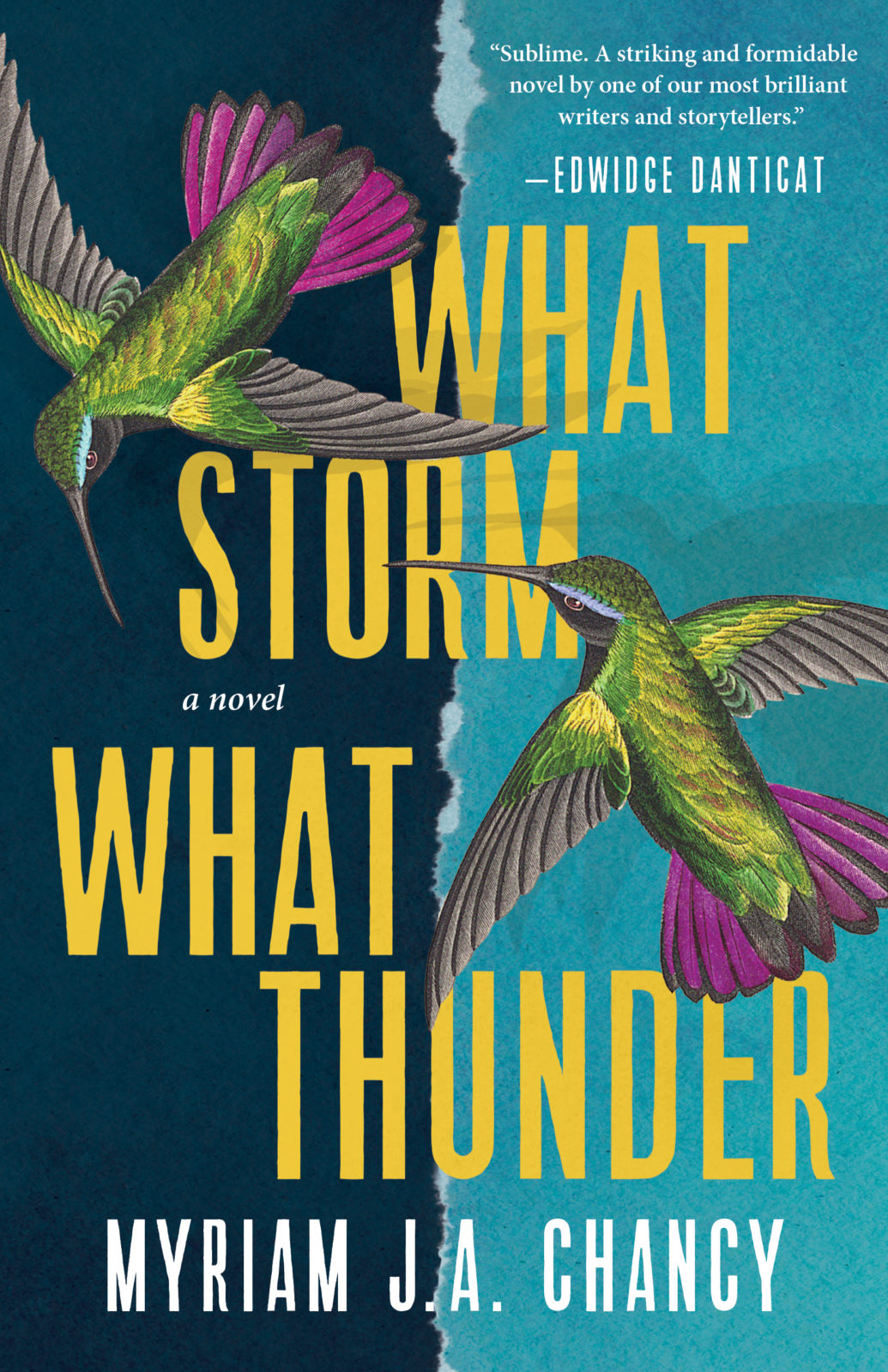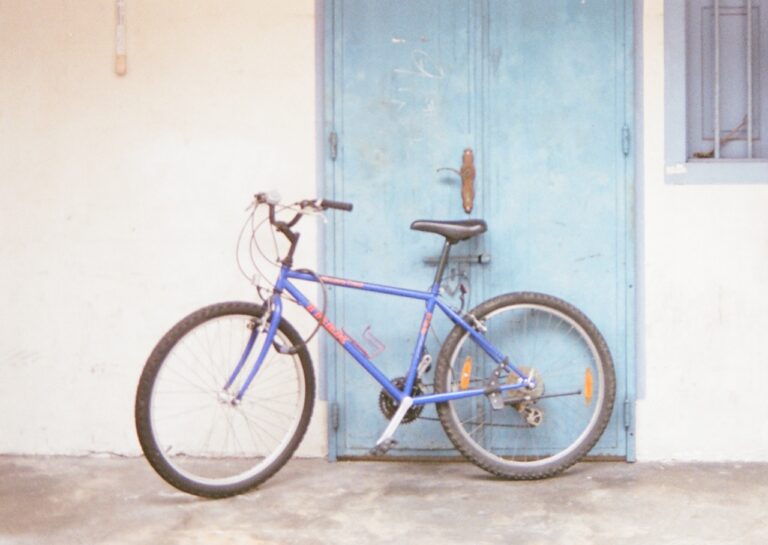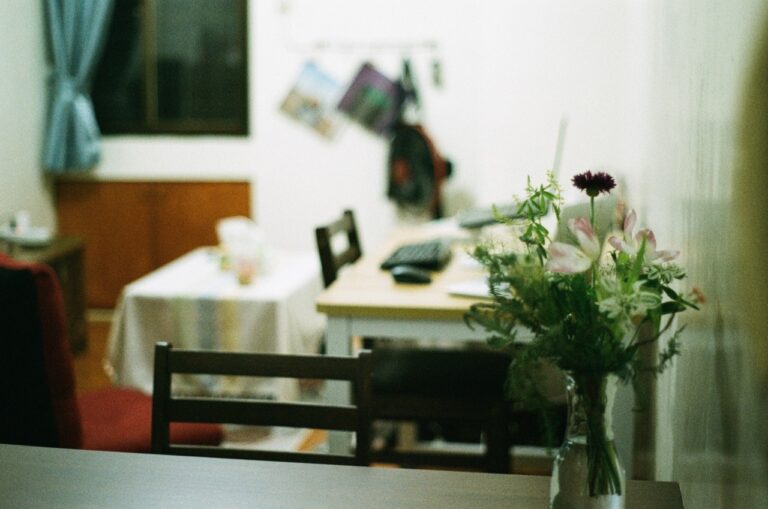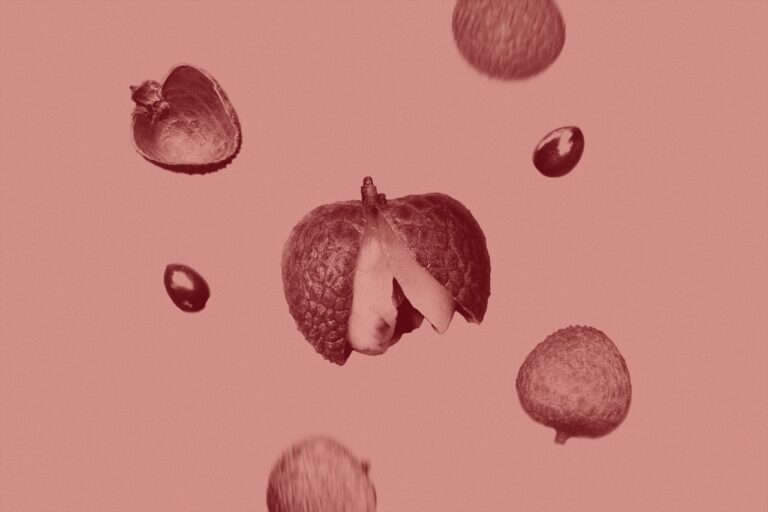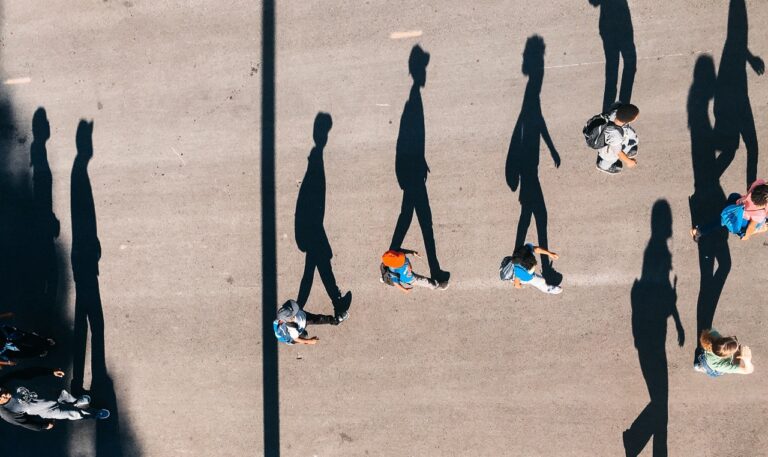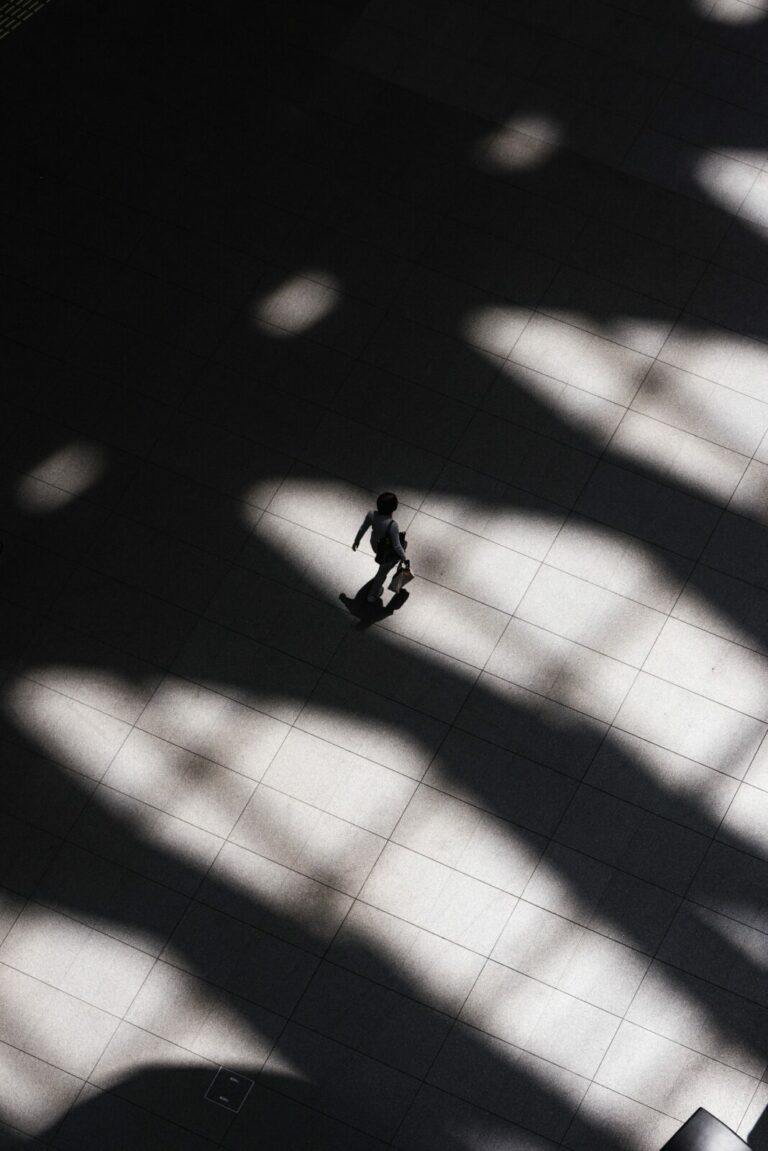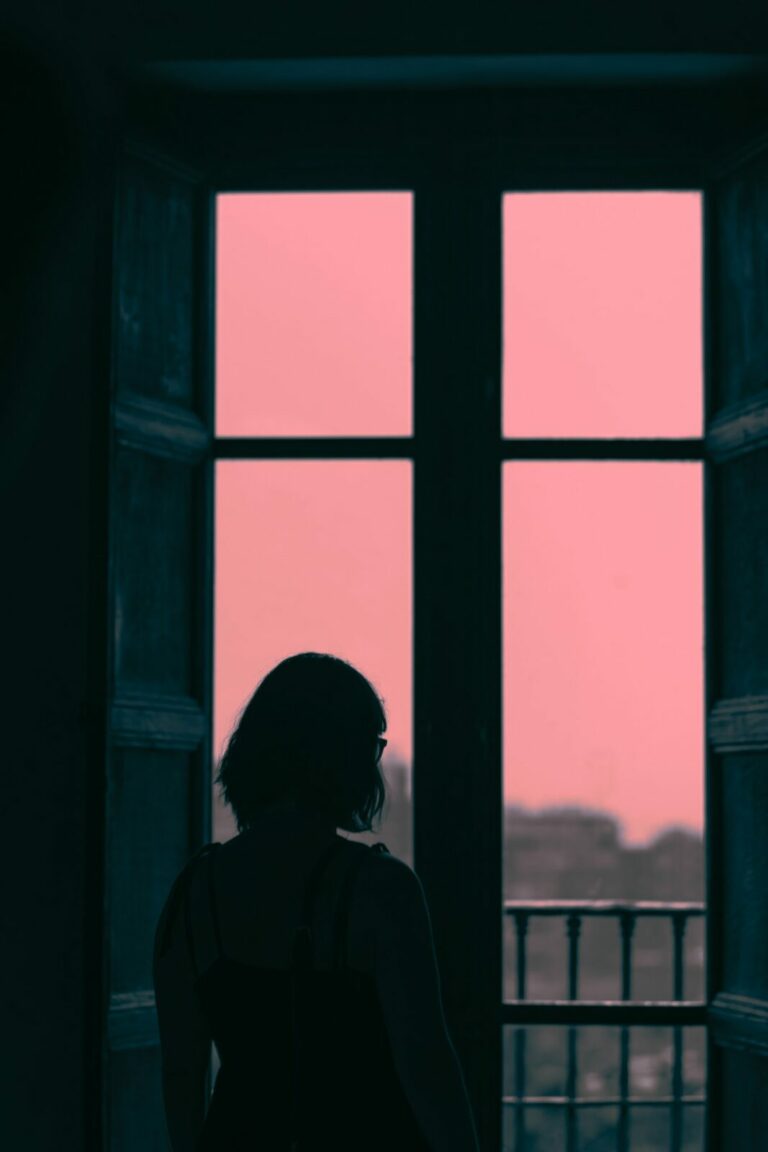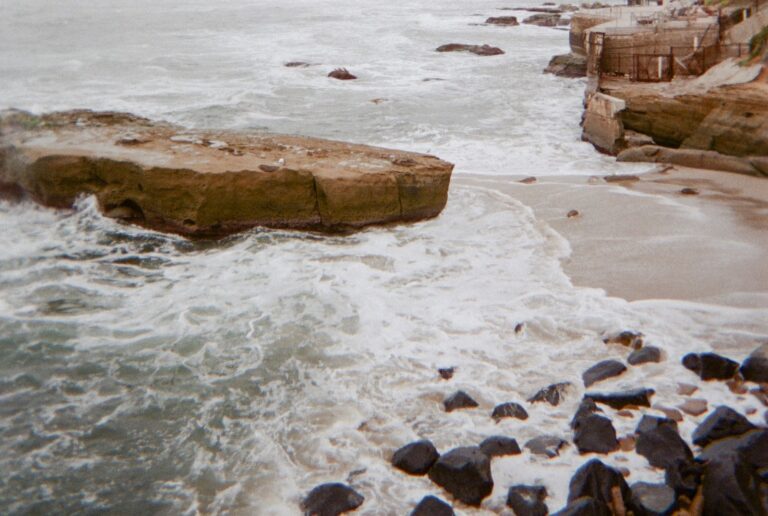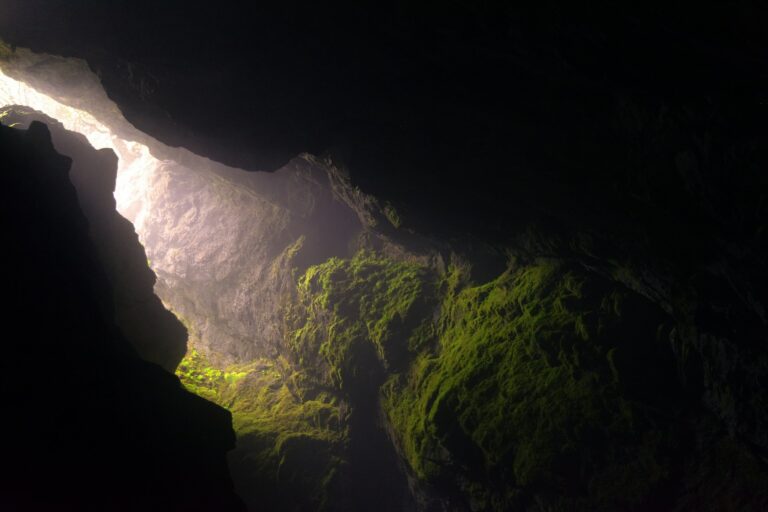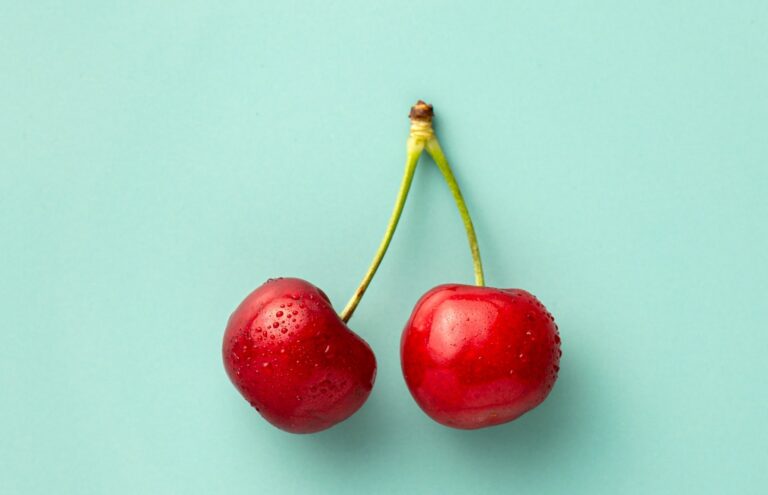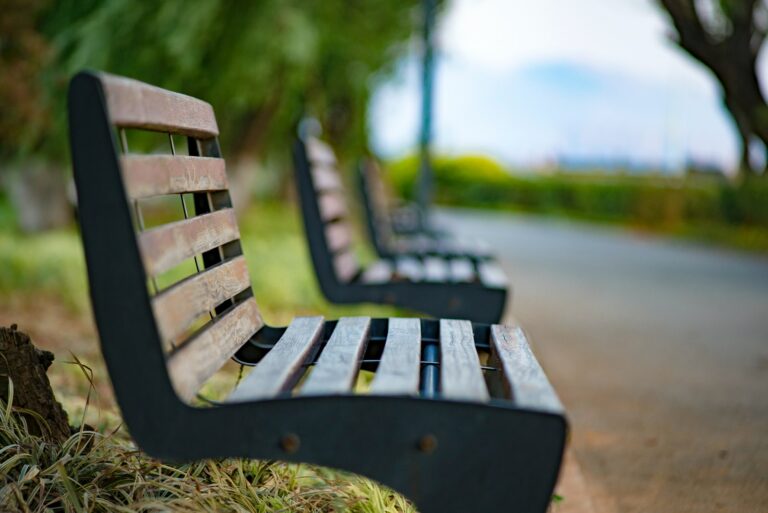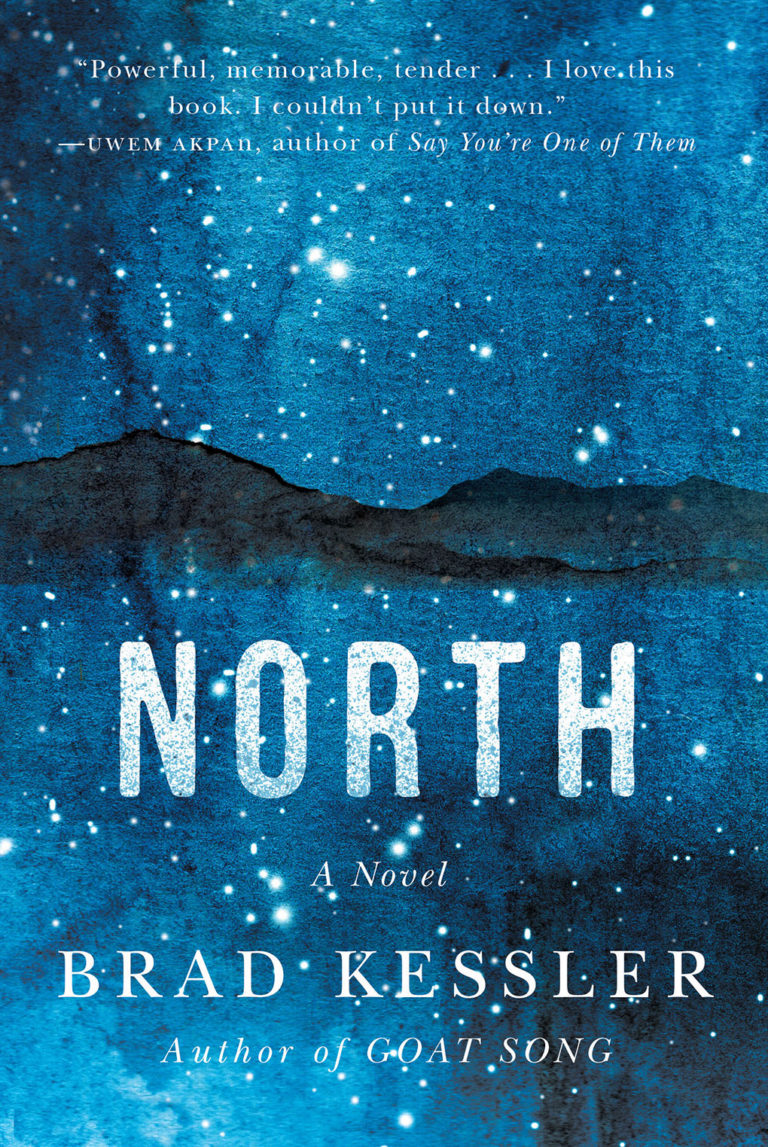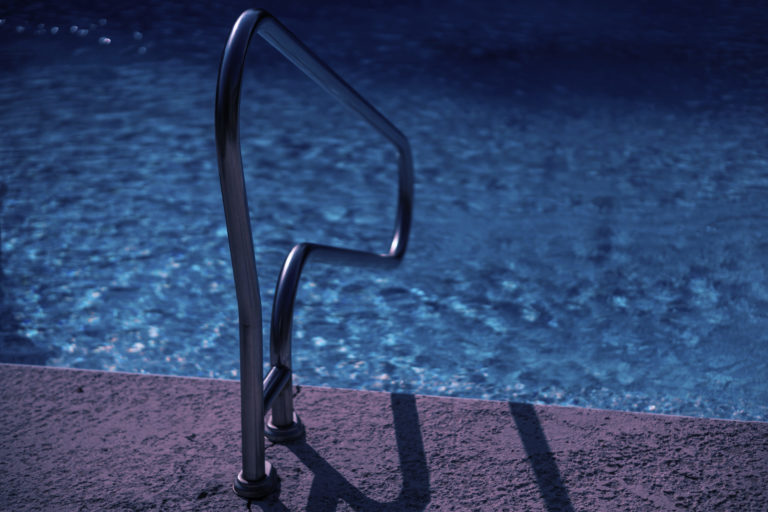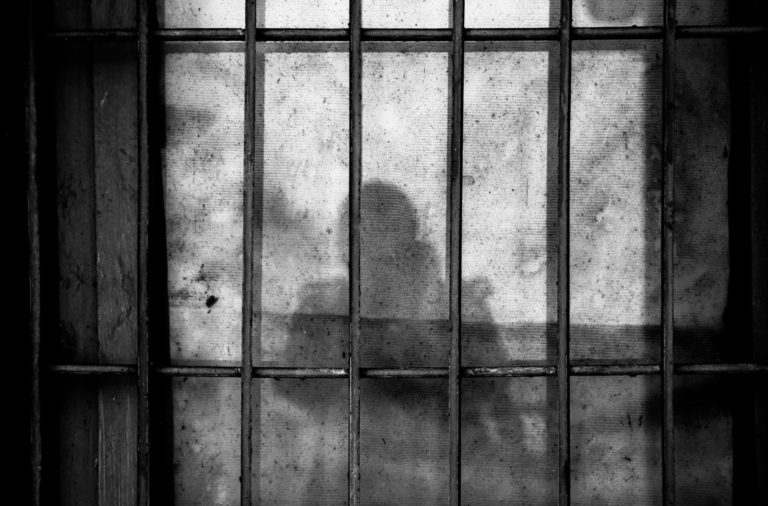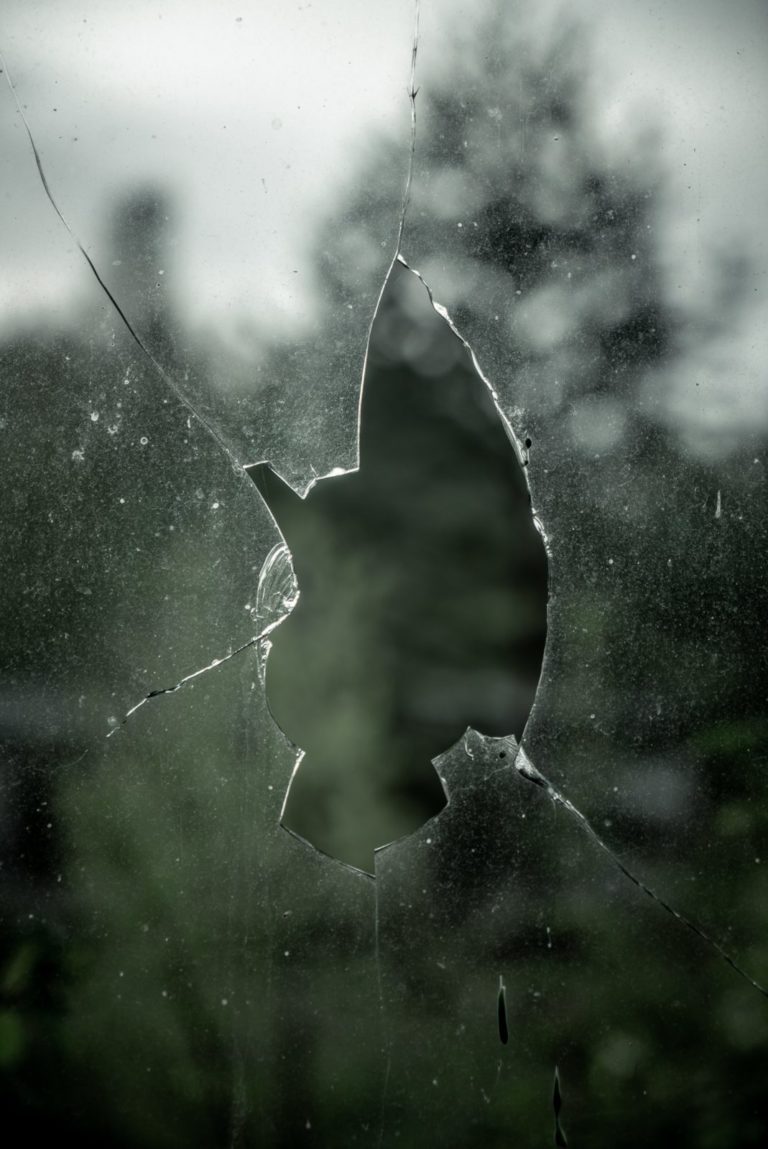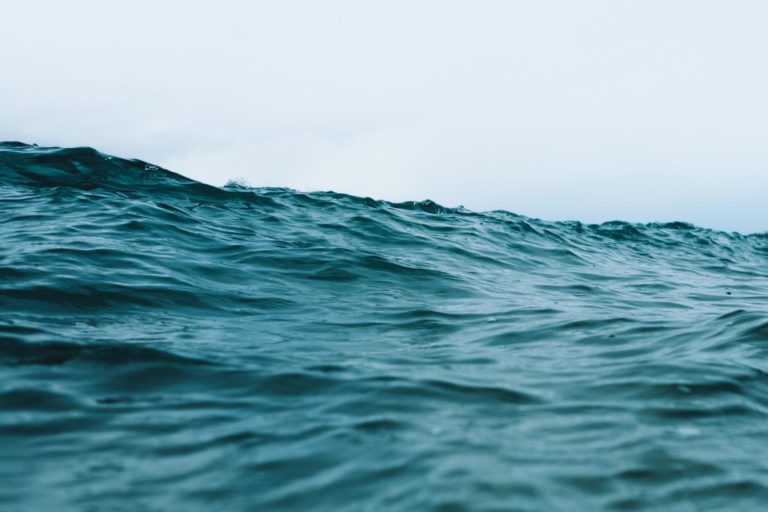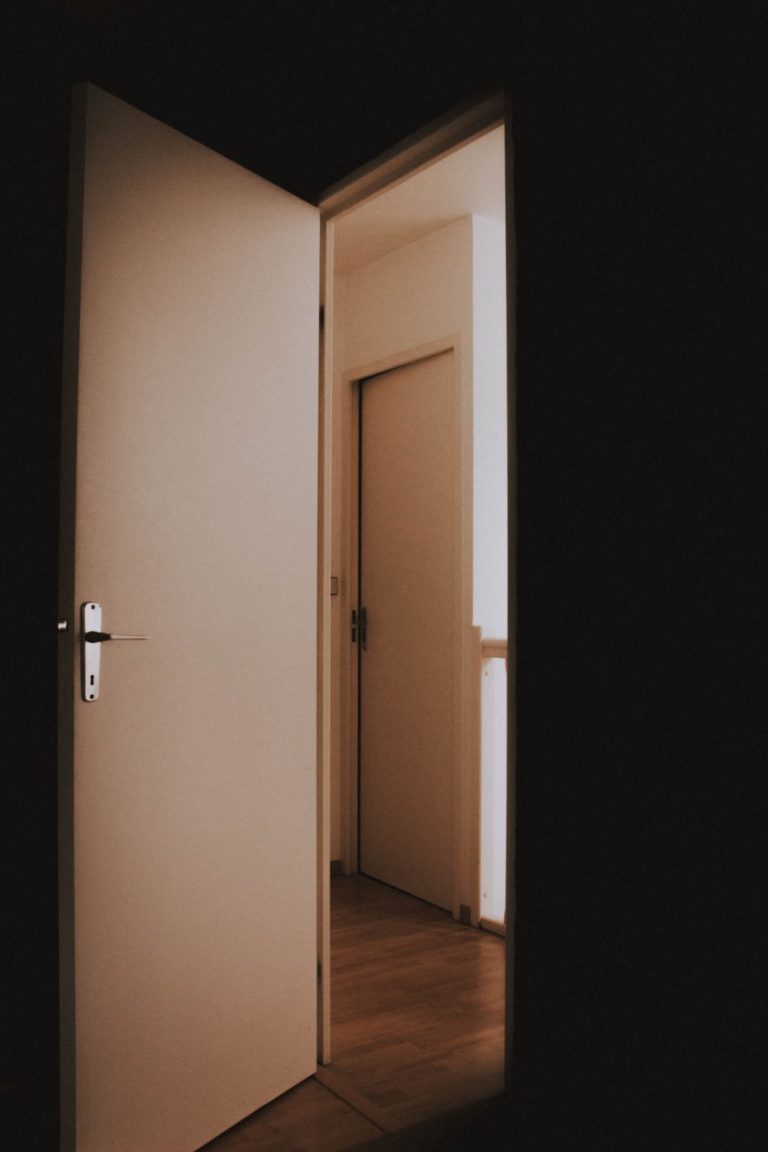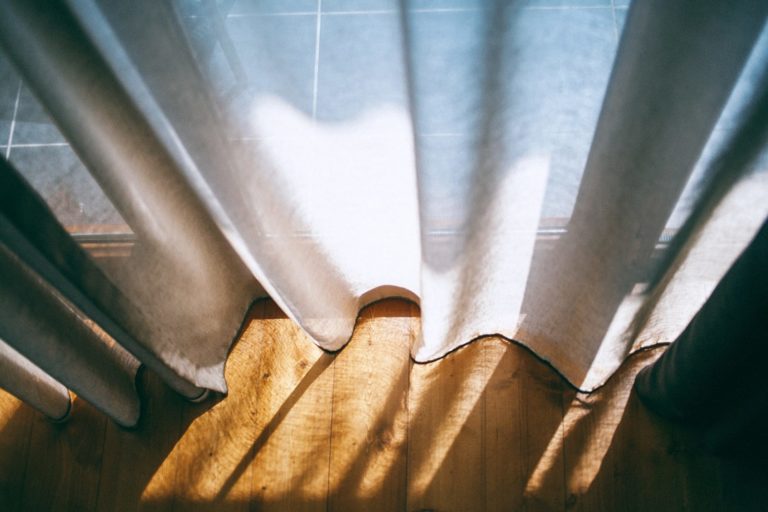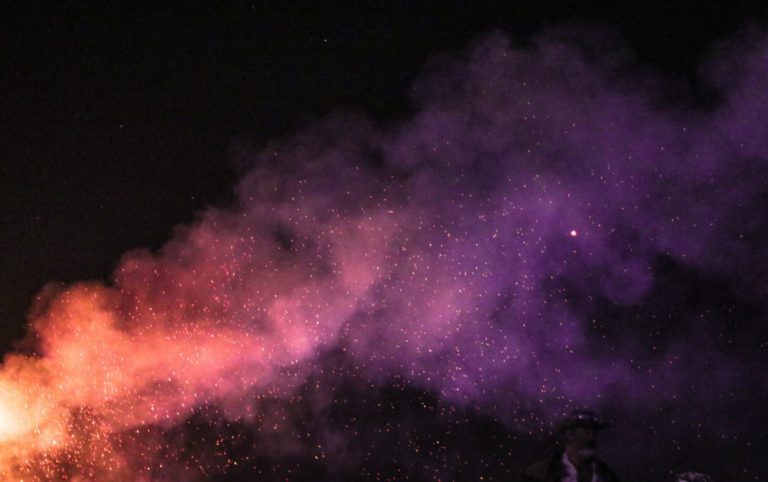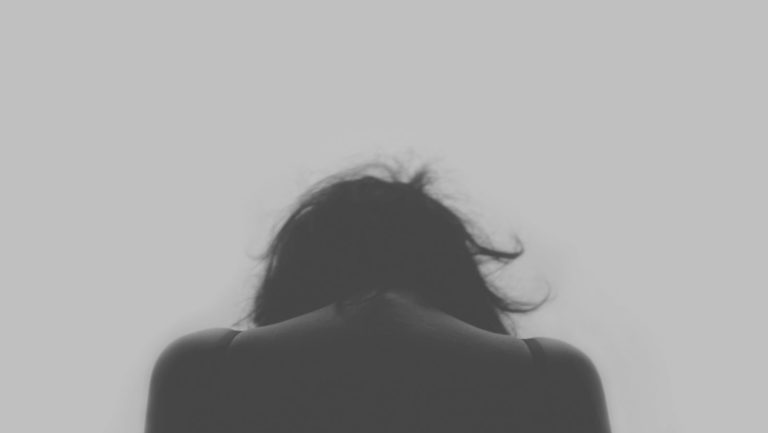Fiction has the power to help us understand one another. As readers, we may take comfort in storytelling that reflects our own experiences back to us, or we may turn to fiction as a way to illuminate the experiences of others. Even when these stories are rooted in a specific place and time, their timelessness endures because they are ultimately about that human experience that unites us. But sometimes, the specifics of those stories become unexpectedly relevant, often tragically so.
Such is the case with What Storm, What Thunder, a haunting novel by Myriam J. A. Chancy that charts the inner lives of regular people affected by the devastation of a 7.0 magnitude earthquake in Port-au-Prince, Haiti. Its publication, on October 5th, coincides with reports of Haitian migrants seeking asylum in the United States, and the inhumane treatment they are suffering at our border. Chancy’s harrowing portrayal of the 2010 earthquake’s destruction and the horrific conditions of the displaced persons camps that insufficient international aid left behind unfortunately now serves as a timely reminder of the circumstances from which these migrants are seeking refuge. And her choice to do so through intimate personal experiences, albeit fictionalized, can help serve as a timely reminder of their humanity, for those who may have forgotten.
Myriam J. A. Chancy will be speaking about What Storm, What Thunder with Nicole Dennis-Benn on Wednesday, October 6th. Register here.
As soon as I arrive in the rocky field of Camp Cocasse, I find that “shelter” turns out to mean a doghouse smaller than the shithole tent I had to leave my wife and son in, in Port-au-Prince, in the market turned into a displaced persons camp below the cathedral. The shack has got a metal corrugated roof that’s hot as hell and no running water. There’s a water truck that comes through once a week, but that’s about it. The truck rumbles through at high speed, so fast that children and goats have to be snatched, quickly, out of the way, to keep them from being run over. A donkey was killed that way, fast, the first day: the driver snapped its neck and the camp dwellers roasted the carcass over an improvised pit. There was fresh food for several days, that time, but no one wants to end up a dead donkey.
We still have to make a run for it to piss or crap in holes after the porta-potties fill up and no one has the stomach to empty them, not even the bayakou (we have to both save ourselves and clean up our own shit, can’t pass that on like we might have, before). There’s no school (the camp dwellers will have to organize that for ourselves, too). Food rations are the usual blanched Arkansas rice we’ve been eating for years, and freeze-dried packets of gritty material reconstituted with boiling water that we pretend is edible. The hygiene kit is made for people who have nothing more to treat than paper cuts: some squares of cleansers, a glycerin to help with healing, some small bandages of different sizes, all in a waterproof box in case we get rained on (and we will). Nothing for people with cigar-cut amputations, or crushed extremities, or who had their heads bashed in from bricks falling on them. Nothing for someone in the state that my son is in. He would have to be nearly healed to come out this way, and when I left, it didn’t look like he was going to make it. From the camp, the hospital is as far as the capital; there’s no way he would survive the trip. All that can be done is to fight off infection, hope he survives. In the meantime, I’m here for the work, to make money, or this is what I tell myself.
In Camp Cocasse we’re five thousand souls in the arid desert. Soon, when word gets out about the factory that’s being planned out this way, there will be thousands upon thousands more, but now, it’s just us, out in the middle of nowhere, with no running water, no electricity.
It’s dark at night, much darker than in the city. I can see the stars up above clearly. Fat lot of good that does me. Fuck the stars and fuck the US of A relief services.
I never even got my fifty dollars after I was shown to the door of my new lodgings, a shithouse in a long row of doghouses. They smiled when they dumped me in the camp, as if I should be grateful. The only cheerful aspect of the dwellings is that they’re bright white instead of the drab, institutional gray of the tarps being handed out in the capital, tarps stamped: “A gift from the American people” or, alternatively, “in association with the Republic of Ireland.” The Irish own the telecommunications in Haiti; they don’t have to pick potatoes, or anything else, anymore. I wanted to buy a franchise a few years ago. We never did it. Would we be elsewhere had we done that? Would we be on a plane heading out to Ireland now? The dwellings are so white that it seems that perhaps the people who had them built had imagined that they were creating a colony on the moon, or on Mars. We are a colony, that’s for sure, a petri dish. Welcome to Camp Cocasse: gateway to the intergalactic, medieval future.
After I settle in, the neighbor to my left gestures hello to me, a thick-bodied man who looks about ten years my elder. If I extend my left arm right out, I can practically touch him: that’s how much space they give us, here, to “start over.”
He smiles toothily. “Pa mal,” he says, “non? I’ll be able to plant a garden.” I don’t respond. Look at him blankly. I mean, what is his story? How is he going to create a garden without any water, out in the desert? I look at him as one looks upon a crazy man and resign myself to the fact that this is how people will function from now on, as if a boatload of crazy is preferable to contemplating suicide. Haitians don’t kill themselves: we have too much to strive for, so much resilience.
How would you even kill yourself? Death by drowning is out of the question. Death by hanging, impossible. Razor blades, maybe, if you have any, but they’re most likely dull, not even good enough for a close shave, too dull to cut clean through tendon and sinew. Pharmaceuticals also out—soft drugs maybe, the kind you smoke or imbibe slowly, weed, grain alcohol. You’re more likely to die of heat exhaustion first.
If it wasn’t for Sara, and for the clairin, moonshine, I’m sure that I would have found a way to do myself in by now. Thinking about the various possible and impossible means by which I could do it passes the time, keeps my mind nimble, preoccupied. My own form of crazy. I’m thirty-two. The same as the number of coups that Haiti has suffered in its two-hundred-year history. I don’t know how many more strokes of the lash we can bear.
Excerpted from What Storm, What Thunder by Myriam J. A. Chancy. Published with permission from Tin House. Copyright (c) 2021 by Myriam J. A. Chancy.
About the Book
-
.
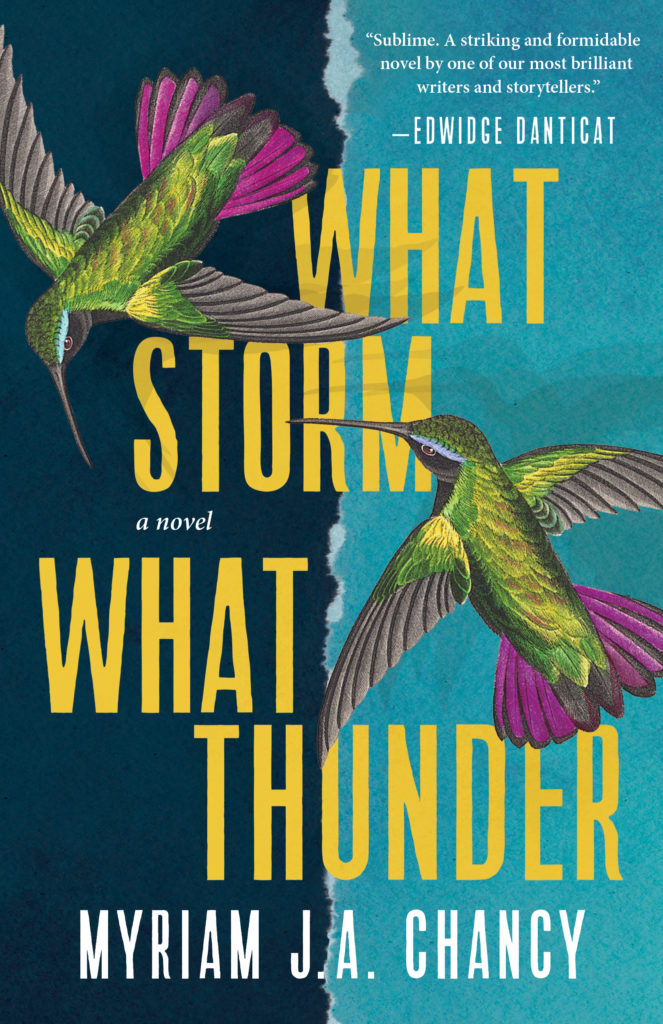
What Storm, What Thunder
By Myriam J. A. Chancy
Published by Tin House Books
The earth had buckled and, in that movement, all that was not in its place fell upon the earth’s children, upon the blameless as well as the guilty, without discrimination.
At the end of a long, sweltering day, as markets and businesses begin to close for the evening, an earthquake of 7.0 magnitude shakes the capital of Haiti, Port-au-Prince. Award-winning author Myriam J. A. Chancy masterfully charts the inner lives of the characters affected by the disaster—Richard, an expat and wealthy water-bottling executive with a secret daughter; the daughter, Anne, an architect who drafts affordable housing structures for a global NGO; a small-time drug trafficker, Leopold, who pines for a beautiful call girl; Sonia and her business partner, Dieudonné, who are followed by a man they believe is the vodou spirit of death; Didier, an emigrant musician who drives a taxi in Boston; Sara, a mother haunted by the ghosts of her children in an IDP camp; her husband, Olivier, an accountant forced to abandon the wife he loves; their son, Jonas, who haunts them both; and Ma Lou, the old woman selling produce in the market who remembers them all. Artfully weaving together these lives, witness is given to the desolation wreaked by nature and by man.
Brilliantly crafted, fiercely imagined, and deeply haunting, What Storm, What Thunder is a singular, stunning record, a reckoning of the heartbreaking trauma of disaster, and—at the same time—an unforgettable testimony to the tenacity of the human spirit.
